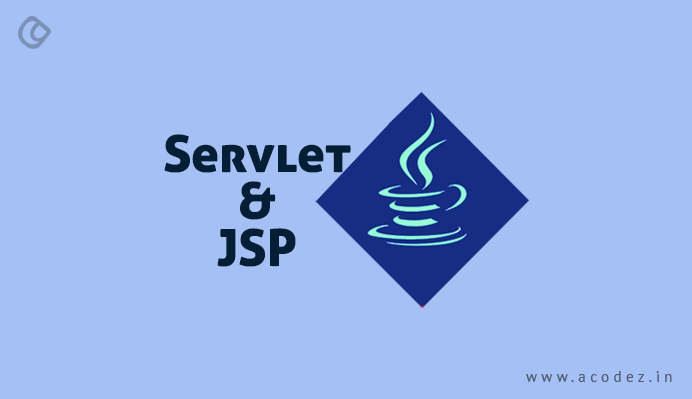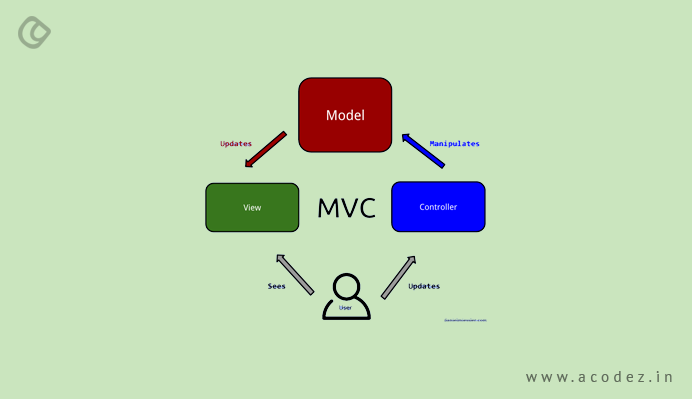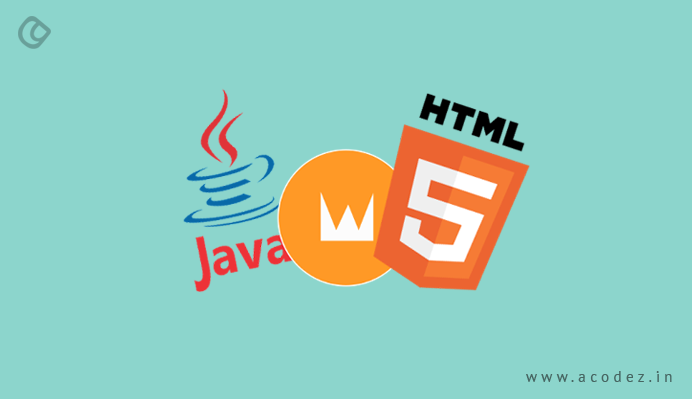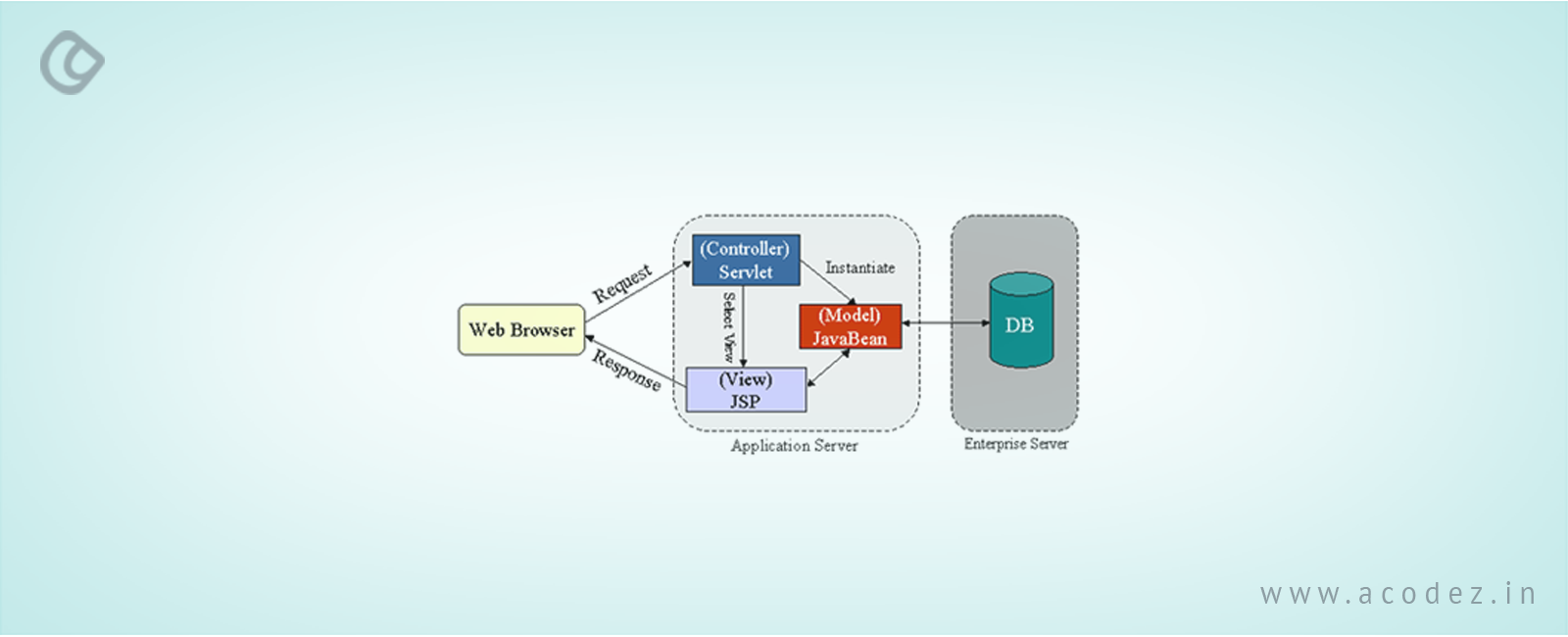In the year 1999, more than a decade ago, Sun Microsystems launched JSP. It was mainly with an intent to create web pages dynamically and here, we had the beauty of combining Java with mark up languages. So, the word ‘dynamicity’ plays a role here – as the dynamics or the dynamic scripting feature focuses on distinguishing the logic from the static components on a page. The database queries or database part is more dynamic, but HTML part is equally efficient, and both complement one another well.
JSP requires a compatible web server along with a Servlet container, including Jetty or an Apache Tomcat to organize, execute and run the JSP. In fact, a Java Servlets and JSP share much in common as JSP is a fonder or higher abstract architecture version of the former. It is during the runtime that JSPs transform or are transformed into servlets. The servlets are reused or cached while the original JSP is being modified. You can use JSP with no external force and view it as a component on the server-side MVC design. Also here since the programmers fancy themselves at using Java Code in collation with those pre-defined actions for creating web mark up content pages.
Java server pages (JSP) is one of the technologies that help in developing web pages with dynamic content. With JSP, a developer can easily embed Java code into HTML pages, using specialized JSP tags (usually these start with <% and end with %>). Coming to a component in JSP, it is similar to or is a kind of Java Servlet, which is ready to play the part of a user interface for web applications programmed in Java.
In fact, JSPs are written in the form of text files capable of combining XML elements, embedded JSP commands and actions, and even HTML or XHTML code. So when you have JSP, you can gather input from the users that they have entered via webpage forms, which you can showcase as records from a database or some other source to finally create webpages. With JSP tags, you can easily retrieve information from databases and even register user preferences, share information between pages or requests, pass control across pages and even access JavaBeans components.
With JSP, you can actually find yourself enjoying the liberty as that offered by the common gateway interface (CGI) used for creating specific programs. And with JSP, you can enjoy a variety of advantages when compared with CGI.
Performance
JSP embeds dynamic elements in HTML pages rather than having to separate CGI files, which means the performance part has been taken care of.
Unlike CGI/Perl where the server should be loading up an interpreter and a target script whenever the page is requested, JSP need to be compiled before the server can even process it.
Since JSP is built on top of the Java Servlets API, which means that as servlets, it will have access to most of the powerful Enterprise Java application programming interfaces (APIs), such as JAXP, JNDI, EJB, JDBC, and others.
Also, the most amazing part is that Java JSP can be collated with servlets to manage business logic – which is the model powered or backed by the Java servlet template engine.
As you might have come across while reading about JSP, it is, in fact, interesting to know that JSP would be the most important part of Java EE – which gives us a comprehensive package of enterprise-class applications. So we can use JSP for all kinds of applications – starting with the simplest ones to the complicated apps.
How do we compare JSP with servlets?

Servlets, as the name suggests, can be viewed as a small program that can run on a server, while on the other hand, JSP is more than that or a technology on the server side. But the striking similarity between Servlets vs JSP is that both are Java technologies, which help in creating web pages that exhibit a lot of dynamicity. JSPs use delimiters while scripting up functions. Some of the basic ones are those that we have already discussed such as <% and %>. These enclose the JSP script-let. In fact, this scriptlet is nothing but a fragment of Java Code that would run whenever the user requests a particular page.
Servlets are closely related to Java applets and are in fact, small Java programs. These run within what we call a web-server environment. Even this server was launched by Sun Microsystems in the year 1997. A few years later in the year 2013, they came up with the new and latest version, i.e., 3.1. Servlets have a lot of Java in them – as Java classes that can be used to extend server capabilities. Any kind of requests is easily responded to by these servlets. And the Servlets are comprehensive of Java objects that would take up the work of representing requests and responses.
So here are the major differences between Servlets and JSP :
Defining
JSP: More or less it is a web page scripting language for creating dynamic web content
Servlets: Java programs that are already compiled to create dynamic web content
Information
JSP’s orientation toward displaying information can be much more higher than servlet which has its orientation toward information processing.
MVC

JSP is a viewer in the MVC model, while servlet dons the role of a controller.
Application
The important difference between Servlets vs JSP is that JSP is preferred when the data to be processed is less comparatively, whereas servlets are preferred when there is a lot of processing involved.
Speed
Since JSP has to compile into Java Servlets first, the running speed is comparatively lower when compared with Servlets that are fast.
Code programming
While considering the difference between Servlets vs JSP for code programming, Servlets might give you a difficult time brooding over the code programming, while JSP will take it easier and the coding is simply fabulous with JSP.
Facility
Custom-build tags are used for requesting or placing a call to Java Beans, but with Servlets we have no such luck.
What are these made up of?

JSP comprises of JAVA HTML all collated with Java Script-lets, while servlets are functional Java codes.
How about objects?
JSP comprises implicit objects, while servlets do not take such objects.
Examples
JSP can be used or maybe thought of in terms of displaying a report, while Servlets are used for processing forms submitted by users.
So that gives us some idea of which is better than the other.
But based upon your requirements, you have to make a decision.
Acodez IT Solutions is a web development company in India offering all kinds of web design solutions at affordable prices. We also offer SEO services to help take businesses to the top of their success. For further information, contact us today.
Looking for a good team
for your next project?
Contact us and we'll give you a preliminary free consultation
on the web & mobile strategy that'd suit your needs best.










Yes, it might be really good !